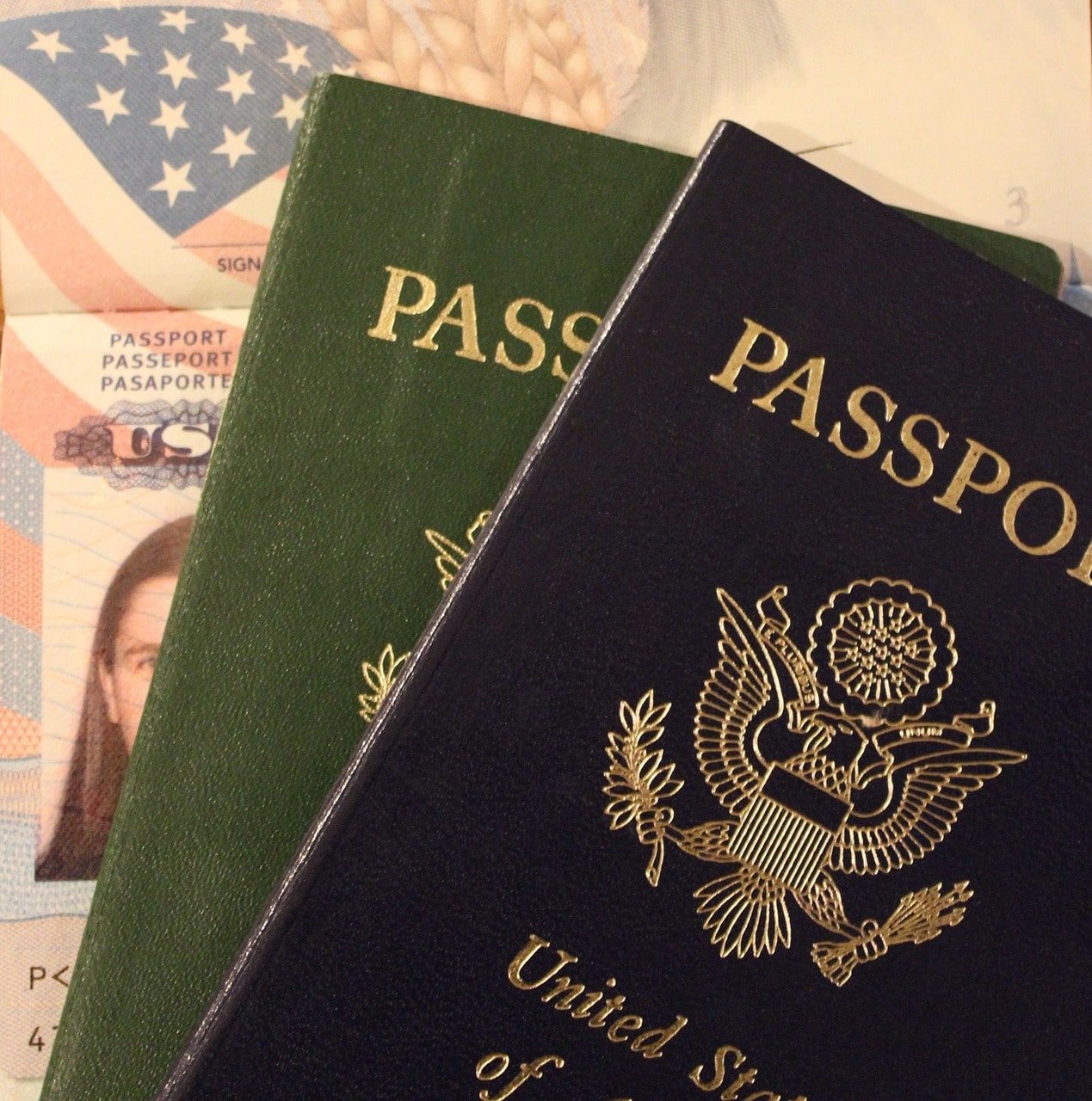Italy is a country that attracts millions of people every year, not only for tourism but also for reasons of study, work and family. For many foreigners, obtaining Italian citizenship is an important achievement that guarantees numerous benefits, including the right to vote, access to all public services, and the ability to move freely in Europe. Acquiring citizenship also means feeling an integral part of Italian culture, with the possibility of passing this bond on to future generations.
But what are the documents for Italian citizenship? The answer to this question is not always intuitive. As we have often had occasion to mention, WAI does not provide these documents. In today's article, however, we want to offer, within the limits of the official sources available to us, information that we believe may be useful to our reference users interested in the subject.
TABLE OF CONTENTS
Italian citizenship under the law
The current legislation on Italian citizenship is governed by the Law No. 91 of February 5, 1992 and its implementing regulations, including Presidential Decree No. 572 of October 12, 1993 and Presidential Decree No. 362 of April 18, 1994. The basic principles governing Italian citizenship include:
- The transmission of citizenship by descent according to the principle of "ius sanguinis";
- The acquisition of citizenship "iure soli" (by birth on Italian territory) under certain circumstances;
- The ability to hold multiple citizenships at the same time;
- The expression of an explicit will for the acquisition or loss of citizenship.
Since August 16, 1992, when Law No. 91/92 came into effect, the acquisition of foreign citizenship does not result in the automatic loss of Italian citizenship. This is unless the person concerned submits a formal renunciation, in accordance with Article 11 of the same law, subject to any provisions of international agreements.
Requirements for Italian citizenship
Before talking about the necessary documents, it is essential to know the prerequisites. The law provides several ways to obtain citizenship, including:
- citizenship by residence. You can apply for it after a period of continuous residence in Italy of at least 10 years (reduced to 4 for EU citizens and 5 for stateless persons or refugees). Residence must be uninterrupted and documented;
- citizenship by marriage. You can apply after 2 years of marriage to an Italian citizen if you live in Italy (the time limit is reduced to 1 year if you have children together). For those living abroad the time frame doubles;
- citizenship by descent ("ius sanguinis"). Dedicated to those who can prove that they have an Italian ancestor. This modality has no generation limits but it is essential that there be complete documentation certifying direct descent.
Other requirements for obtaining citizenship
In addition to length of residence or kinship relationship, some general criteria must also be met, including:
- Have sufficient documented income that demonstrates the ability to support themselves economically;
- Have no serious criminal record that would hinder the procedure;
- Pass the B1-level Italian language proficiency test (mandatory for those applying for citizenship by residency or marriage from 2018).
Who doesn't need a certificate of proficiency in Italian?
Foreign nationals (even if they live outside Italy) who have signed the integration agreement provided for in Article 4 bis of Legislative Decree No. 286/1998 (Consolidated Act on Immigration) are not required to demonstrate knowledge of the Italian language. The same applies to those who hold an EU (or EC) long-term residence permit, pursuant to Article 9 of the same Consolidated Act.
Documents to apply for Italian citizenship for EU citizens
Citizens of the European Union must follow a relatively simple procedure to apply for citizenship. However, accurate and complete documentation is required. Here is what is needed:
- Application form, completed in each part and duly signed;
- Valid identification, such as passport or ID card;
- Historical residence certificate, issued by the Italian municipality where you lived, to prove continuous residence for the required period (4 years);
- tax code, which is essential for identifying oneself in the Italian tax system;
- Birth certificate, issued in one's home country, officially translated into Italian and legalized (if necessary);
- Criminal record certificate, issued by the country of origin and any other countries where you have lived in the last 10 years, translated and legalized according to Italian regulations;
- tax return, submission of tax form (such as Form 730 or Unico) to prove sufficient and stable income;
- Certificate of Italian language proficiency of B1 level or higher, issued by a certifying body recognized by the Ministry.
The application must be submitted online through the portal of the Ministry of the Interior (AliCitizenship), which will automatically assign the file to the relevant prefecture based on the applicant's residence.
Documents for Italian citizenship for non-EU citizens
For non-EU citizens, the documents for applying for Italian citizenship are similar to those required of EU citizens, but with some significant differences. The full list includes:
- application form, available on the portal of the Ministry of the Interior;
- Valid passport complete with all pages necessary for identification;
- residence permit valid, proving their legal status in Italy;
- Historical residence certificate, issued by the Italian municipality where one resides, to prove continuous residence;
- birth certificate, translated into Italian and legalized at the Italian Consulate in their home country.
- Criminal record certificate, issued by your home country and any other countries where you have lived in the past 10 years, translated and legalized;
- income tax return, such as CU, 730 or Unico form, to show that you have sufficient income in recent years;
- Certificate of Italian language proficiency of B1 level, issued by recognized institutions;
- certificate of housing eligibility, which is mandatory in some cases, proving that you live in housing appropriate to Italian standards.
Each document must be carefully prepared, translated and legalized when necessary to avoid rejection by Italian authorities.
Documents for Italian citizenship by marriage
For those who wish to obtain Italian citizenship through marriage, there is a specific procedure that requires a separate set of documents. This route is reserved for those who are married to an Italian citizen and have maintained the marriage bond. Here are the necessary documents:
- extract of the marriage act, issued by the Italian municipality where the act was registered. If the marriage took place abroad, it must be transcribed in Italy;
- Family status certificate, to prove cohabitation with Italian spouse, if required;
- birth certificate of the applicant, translated and legalized, as for other types of applications;
- criminal record certificate of the applicant, issued by the country of origin and any other country of residence within the last 10 years;
- passport and social security number;
- For non-EU citizens, valid residence permit;
- Certificate of Italian language proficiency of B1 level.
The application must be submitted online through the portal of the Ministry of the Interior. If the applicant lives abroad, the Head of the Department of Civil Liberties and Immigration is responsible. For residents in Italy, the Prefecture is responsible. As mentioned earlier, if there are children born or adopted by the spouses, the waiting time is reduced by half.
How long does it take to get Italian citizenship by residence in 2025?
Waiting times may vary. Currently, the law provides a maximum of 24 months (extendable to 36 months) for processing applications for citizenship by residence.
In 2025, thanks to the digitization of procedures, it is hoped that time can be reduced even further. However, it is always advisable to prepare documentation carefully to avoid delays due to errors or incompleteness. Also, keep in mind that any additions requested by the relevant offices may extend the time.
Useful tips for preparing documents
To avoid snags in the application, we recommend following these suggestions:
- Start collecting documents well in advance, especially those that require translations and legalizations;
- Check that all certificates are up to date and comply with Italian requirements;
- Upload documents in PDF format and make sure they are readable and complete;
- frequently check the status of the application on the online platform of the Ministry of the Interior.
Obtaining Italian citizenship is a process that takes time and effort, but with proper preparation and the right documentation, the path can become easier.



Lascia un commento
Comments